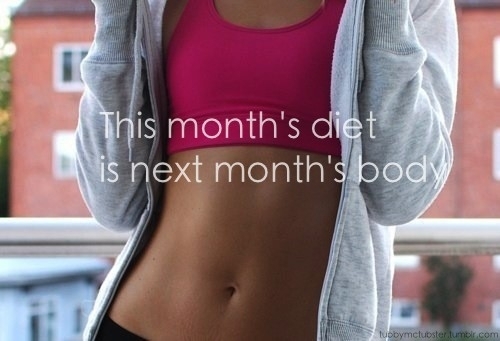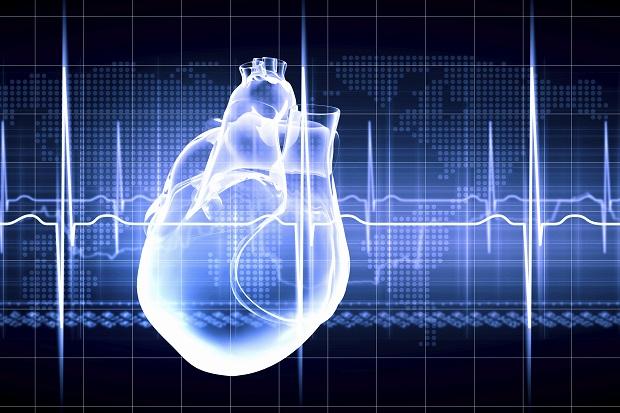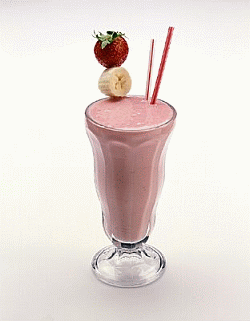If you're pinching an inch or more, you know the frustration: What's it take to tame the jiggle in the middle? "When it comes to losing belly fat, there's a lot of misinformation out there," says Holly Lofton, MD, an assistant professor of medicine and director of the weight management program at NYU Langone Medical Center. Many dieters swear by certain plans, but there's no one exercise or food that targets your belly. "It's about your lifestyle," says Lofton.
To make matters worse, some so-called healthy habits may be slowing—or even standing in the way of—your progress. Read on for six surprising reasons why your waist isn't shrinking, and what you can do to get on track. (Lose up to 15 pounds in just 30 days with this revolutionary superfood plan from the publisher of Prevention!)
1. You eat a lot of frozen meals, meal bars, and packaged snacks.
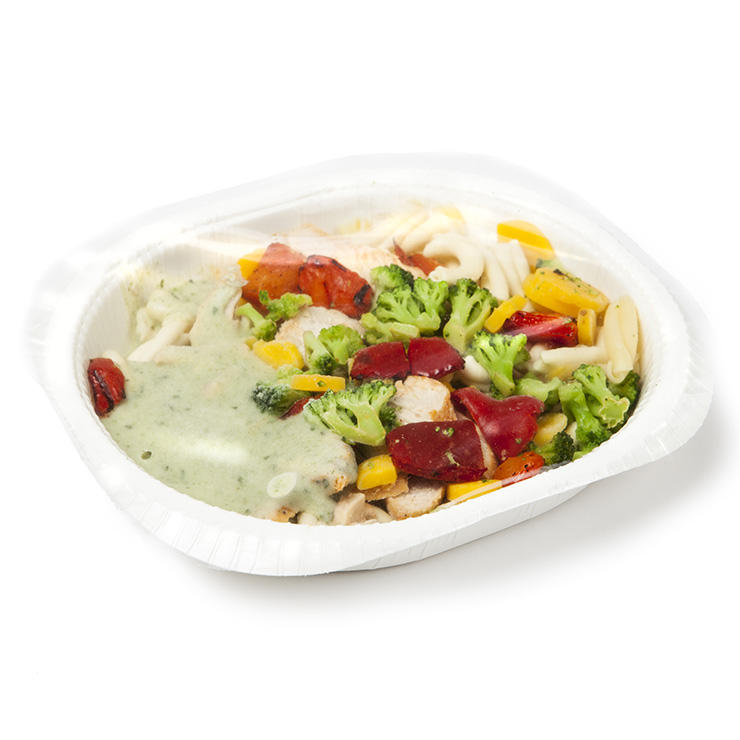 2/7
1. You eat a lot of frozen meals, meal bars, and packaged snacks.
2/7
1. You eat a lot of frozen meals, meal bars, and packaged snacks.
Even low-calorie processed foods can be high in sugar and sodium—a double-whammy for your waistline. "Salty foods lead to belly bloat," says Lofton. "And your body stores excess sugar—even in its natural forms, like honey—as fat." According to a study published in the journal Hepatology, people who added snacks high in fat and sugar to their regular meals packed on more belly fat than those who ate the same total calories from well-rounded meals.
2. You do crunches like crazy.
 3/7
2. You do crunches like crazy.
3/7
2. You do crunches like crazy.
If you haven't gotten the message already, it's time: Targeting one part of the body—spot training—won't help you shed pounds in that area. "You have to lose weight overall to see results," says Lofton. In other words, those sit-ups will build muscle. But they'll remain hidden beneath any existing fat. If anything, they may make that fat protrude more.
A better approach: Focus on total-body moves that also strengthen your abdominal muscles, such as this Lift-Off Lunge. Having a strong core is important for preventing injuries, says Lofton. Meanwhile, building your larger muscle groups, such as your legs and arms, increases your muscle mass so that you'll burn more calories overall.
3. Seven hours of sleep?!
 4/7
3. Seven hours of sleep?!
4/7
3. Seven hours of sleep?!
Yeah, right! You already know that coming up short on sleep can lead to weight gain, and research shows that those extra pounds often pad your belly. According to a study from Wake Forest University, people who averaged 5 hours or less a night not only weighed more, they carried more fat in the abdomen than those who logged 6 to 8 hours. Not getting enough shut-eye can increase the production of hunger hormones, encouraging you to overeat. Feeling tired may leave you less likely to hit the gym, say the researchers. (Here are 11 tips to start sleeping better tonight.)
4. At the gym, it's all about lifting weights.
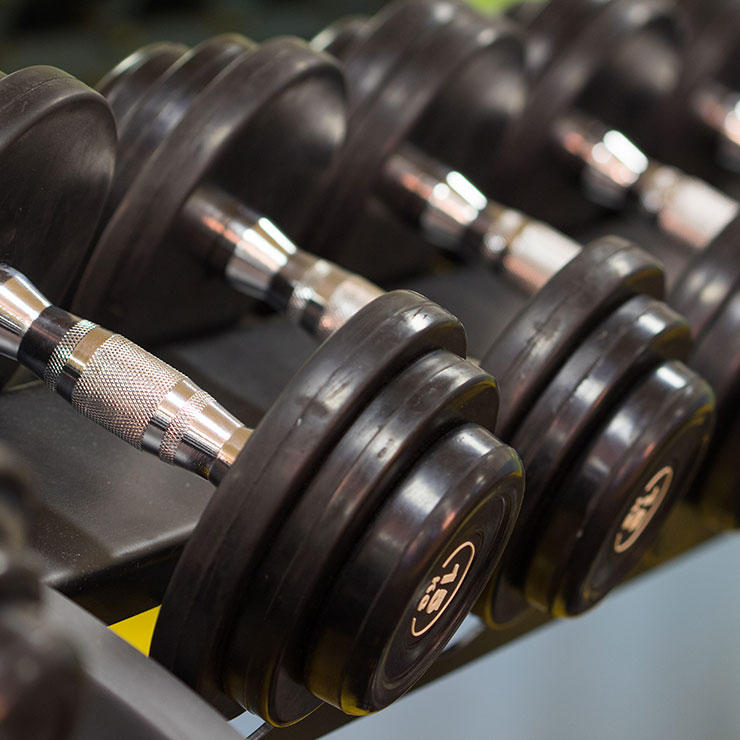 5/7
4. At the gym, it's all about lifting weights.
5/7
4. At the gym, it's all about lifting weights.
Strength training builds muscle, which use more calories than fat at rest. But if you want to trim your middle, you need to do moderate- to high-intensity cardio to turn up the burn, says Lofton. "Aerobic exercise is key to burning those calories stored as fat," she says. Focus on working up a sweat at the gym, and add in a few resistance-training sessions. According to a review of 14 studies, this mix of exercise had the biggest impact on beating belly fat.
5. You're loading up on good fats.
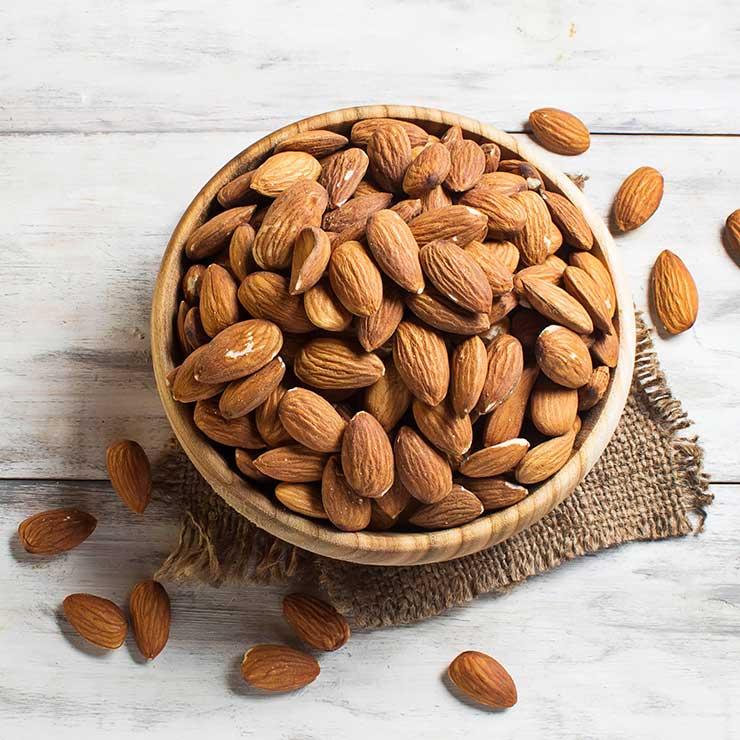 6/7
5. You're loading up on good fats.
6/7
5. You're loading up on good fats.
It's true that the healthy unsaturated fats found in nuts, avocados, and vegetable oil can fill you up and encourage weight loss. But the problem is that many people tend to overdo it, says Lofton. An ounce of almonds—a small handful—packs in 164 calories, so munching on a bag of nuts can set the stage for calorie overload. Make sure to measure out your servings: an ounce of nuts, one-fifth of an avocado, and a tablespoon of vegetable oil. (Try adding a healthy fat to one of these 20 healthy smoothie recipes.)
6. You haven't kicked your diet soda habit.
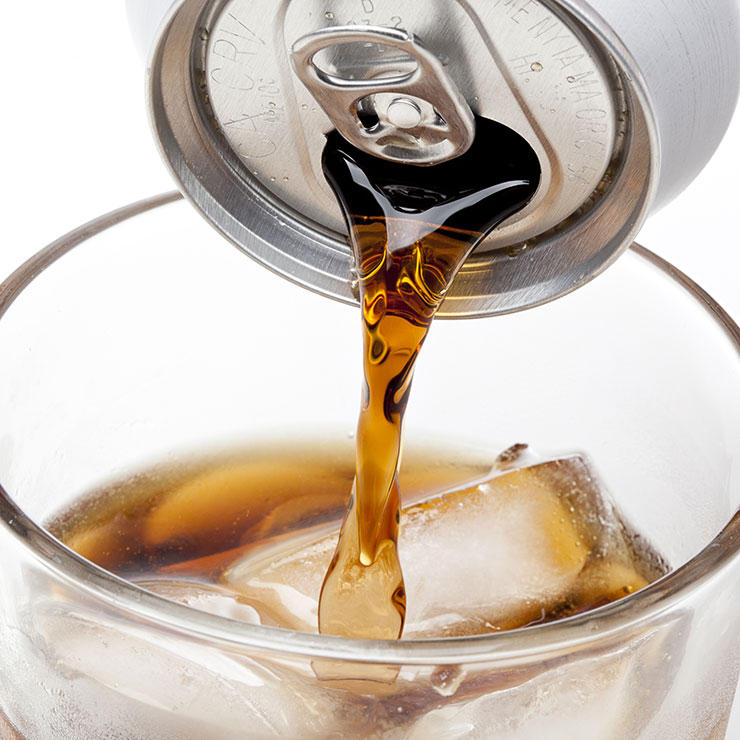 7/7
6. You haven't kicked your diet soda habit.
7/7
6. You haven't kicked your diet soda habit.
People who drink diet beverages can gain nearly three times as much belly fat as those who avoid the stuff, according to a study published in the Journal of the American Geriatrics Society. Although experts aren't exactly sure why, they believe that artificial sweeteners may slow metabolism. Plus, feeling virtuous for drinking diet sodas may make you feel like you can indulge in a treat. (Here are 8 things that happen when you finally stop drinking diet soda.)
Swap that soda for a glass of seltzer or water—squeeze some lime or lemon in there if you need some flavor. "Your body uses water to break down fat cells, so it's important to stay hydrated," says Lofton. If you need a little more flavor, try sipping herbal tea or trying one of these 25 slimming sassy water recipes.
- Prev:6 Activities That Burn More Calories Than You Think
- Next:20 Ways To Cut 500 Calories A Day
 2/7
1. You eat a lot of frozen meals, meal bars, and packaged snacks.
2/7
1. You eat a lot of frozen meals, meal bars, and packaged snacks.
 3/7
2. You do crunches like crazy.
3/7
2. You do crunches like crazy.
 4/7
3. Seven hours of sleep?!
4/7
3. Seven hours of sleep?!
 5/7
4. At the gym, it's all about lifting weights.
5/7
4. At the gym, it's all about lifting weights.
 6/7
5. You're loading up on good fats.
6/7
5. You're loading up on good fats.
 7/7
6. You haven't kicked your diet soda habit.
7/7
6. You haven't kicked your diet soda habit.
